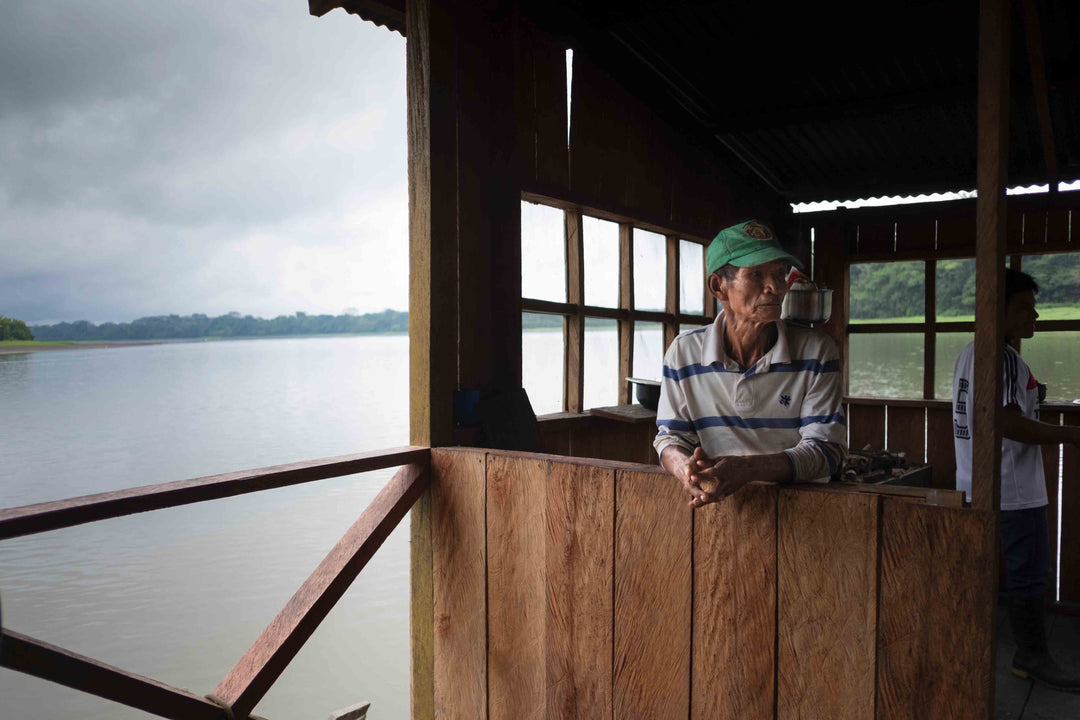RAINFOREST IMPACT PROGRAM
The problem we're facing
It's estimated that 8.5 hectares of rainforest are cut down every minute of every day. This makes deforestation the greatest threat facing wildlife.
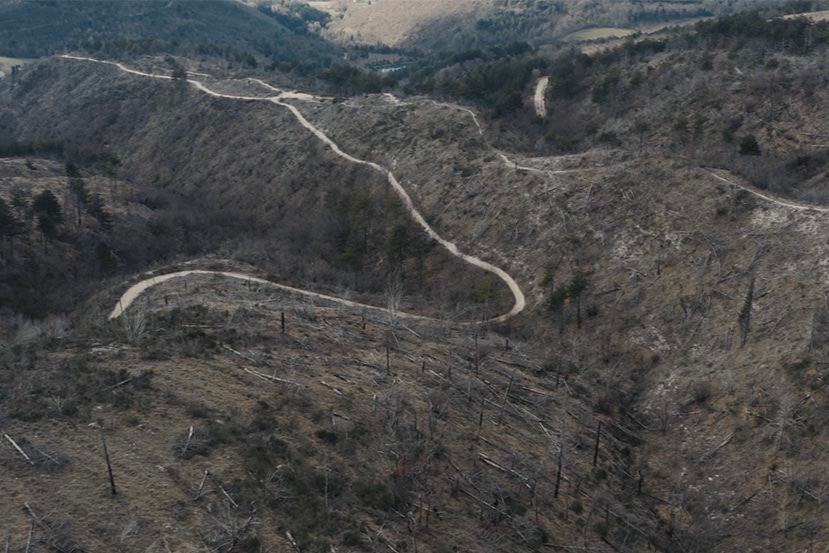
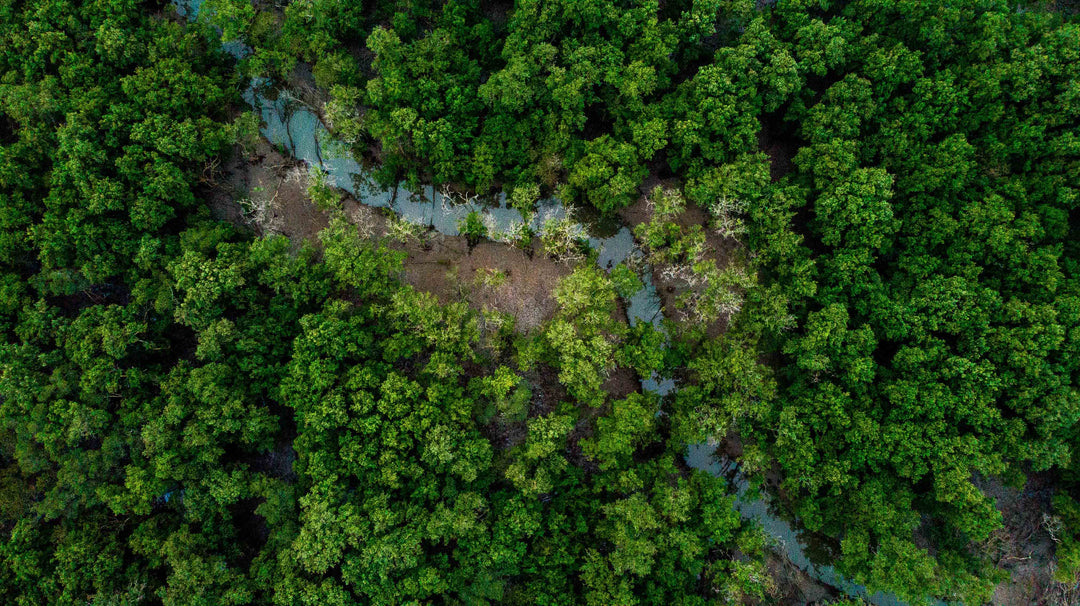
Our impact
The profit from every RIPL Notebook is used to fund the purchase and protection of 1000 sq ft of tropical forest.
1 notebook = 1000 sq ft of tropical forest
Our partner
It's made possible through our partnership with World Land Trust and their Buy an Acre program, which funds land purchase and protection in some of the most biodiverse areas of the world.
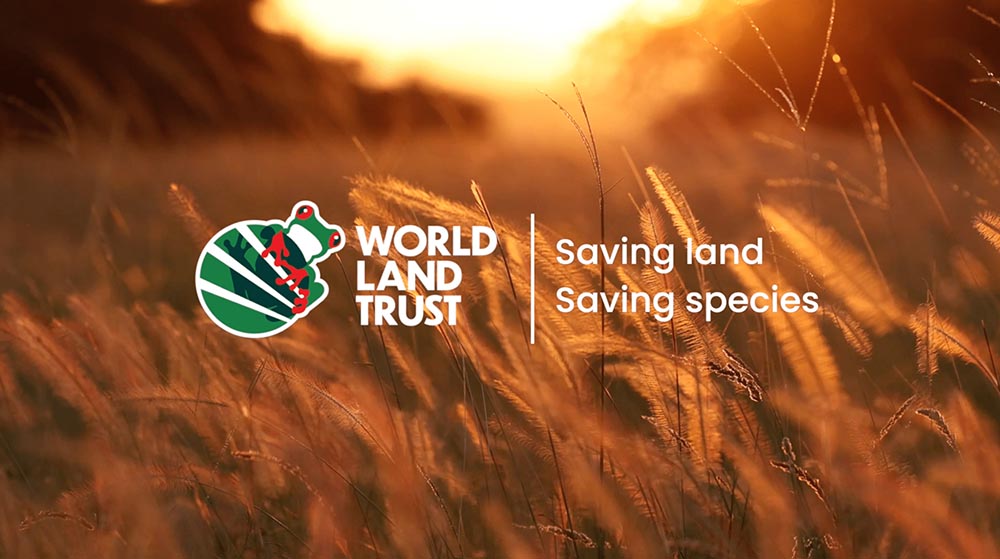
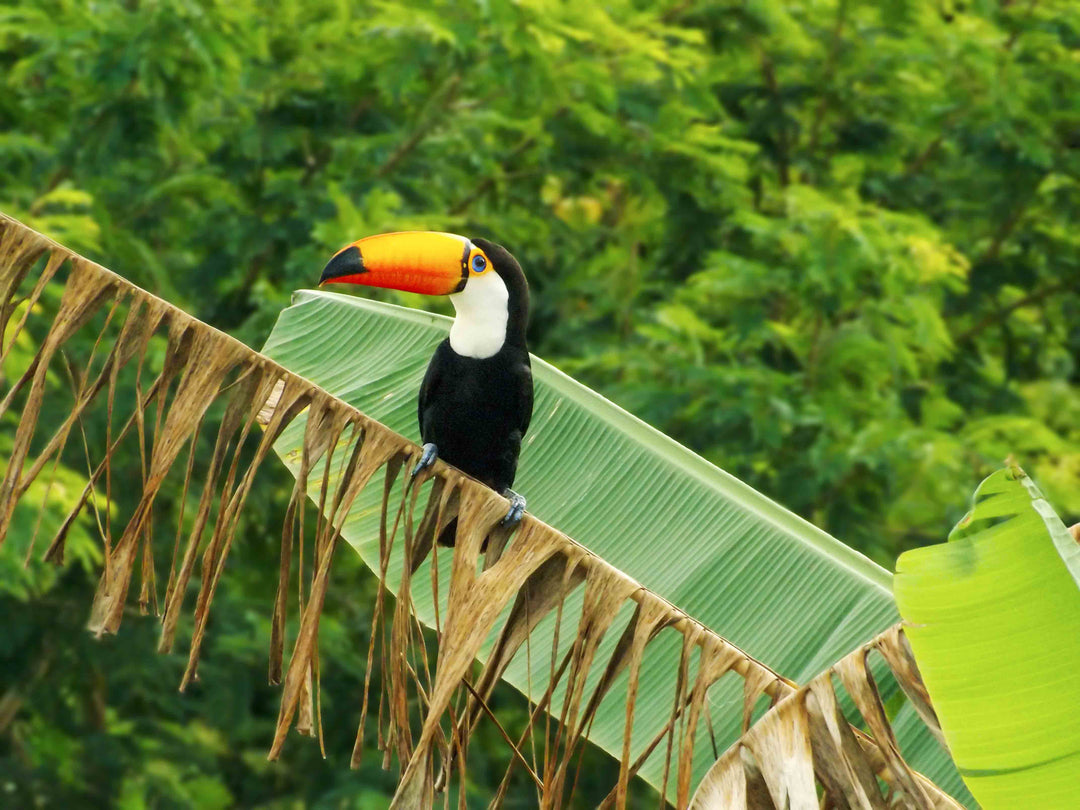
How it works
WLT works with its network of trusted conservation partners all around the world, who have the knowledge and experience needed to create and protect the wildlife reserves that you are helping to purchase.
Every acre saved becomes part of a larger reserve protected in perpetuity by WLT's partner organisations.
The process
Purchasing land is the first crucial step in the conservation process. It enables WLT's partners to create or extend protected areas, stopping under-threat habitats from being cleared for agriculture or development. They also work with local communities to foster employment opportunities, ensuring the conservation work brings benefits to all in the target regions.
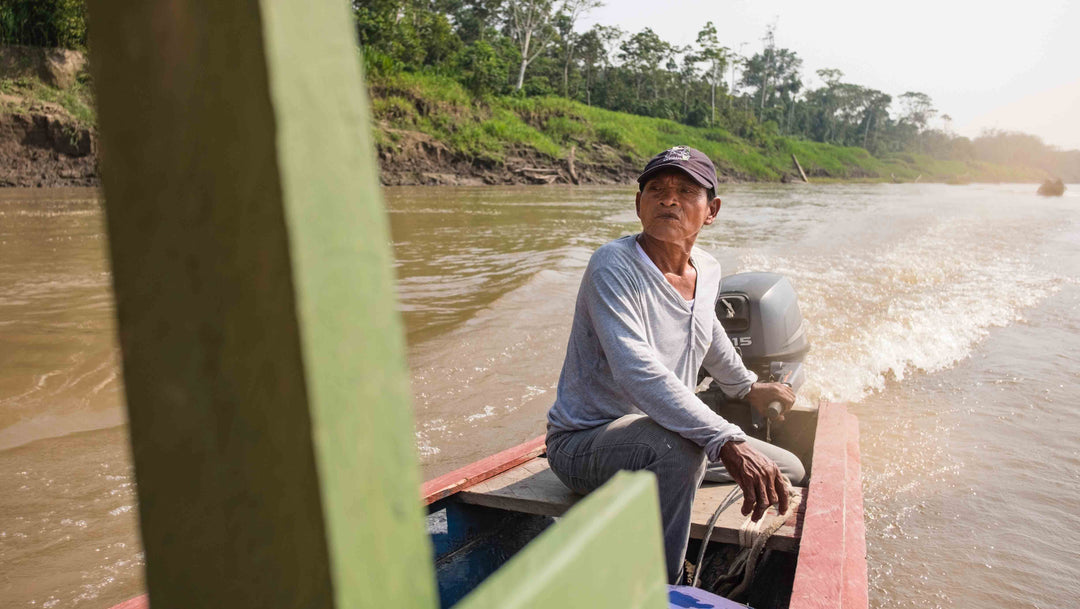
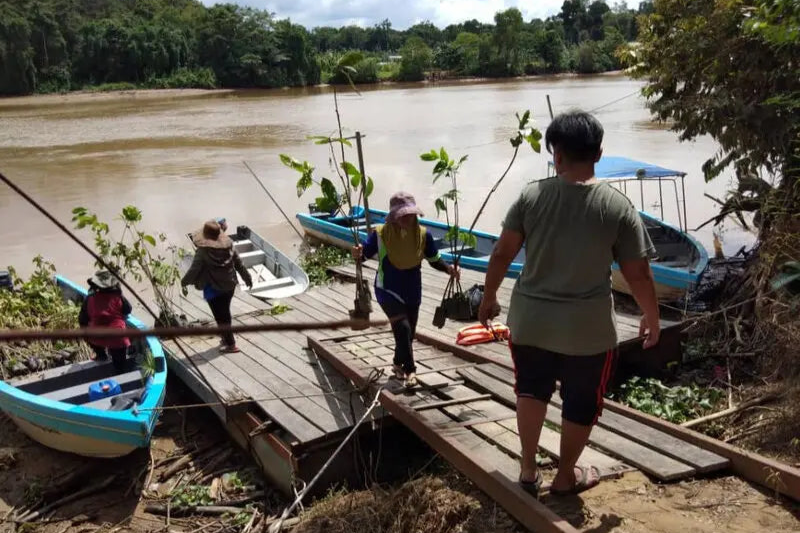
The ripple effect
WLT believes that land should be owned by local people who know the land, the threats it faces and wildlife best. WLT's partners are experts in land conservation in their respective countries and work with local communities, employing local people.
By placing the land in the ownership of WLT's partners, they are also taking on the responsibility of ensuring the protection of the reserve and its wildlife.
Ongoing protection
Once it is in the ownership of WLT's partners, it cannot be purchased by other landowners who may want to clear the habitat for cattle ranching or agriculture. However, there are other threats that WLT's local partners have to actively safeguard against, such as illegal logging, cattle encroachment, poaching and fires.
This is where WLT's 'Keepers of the Wild' programme comes in, which funds the training and employment of local Rangers to patrol the reserves to deter and detect poachers, monitor wildlife and maintain reserve infrastructure, ensuring ongoing protection.
